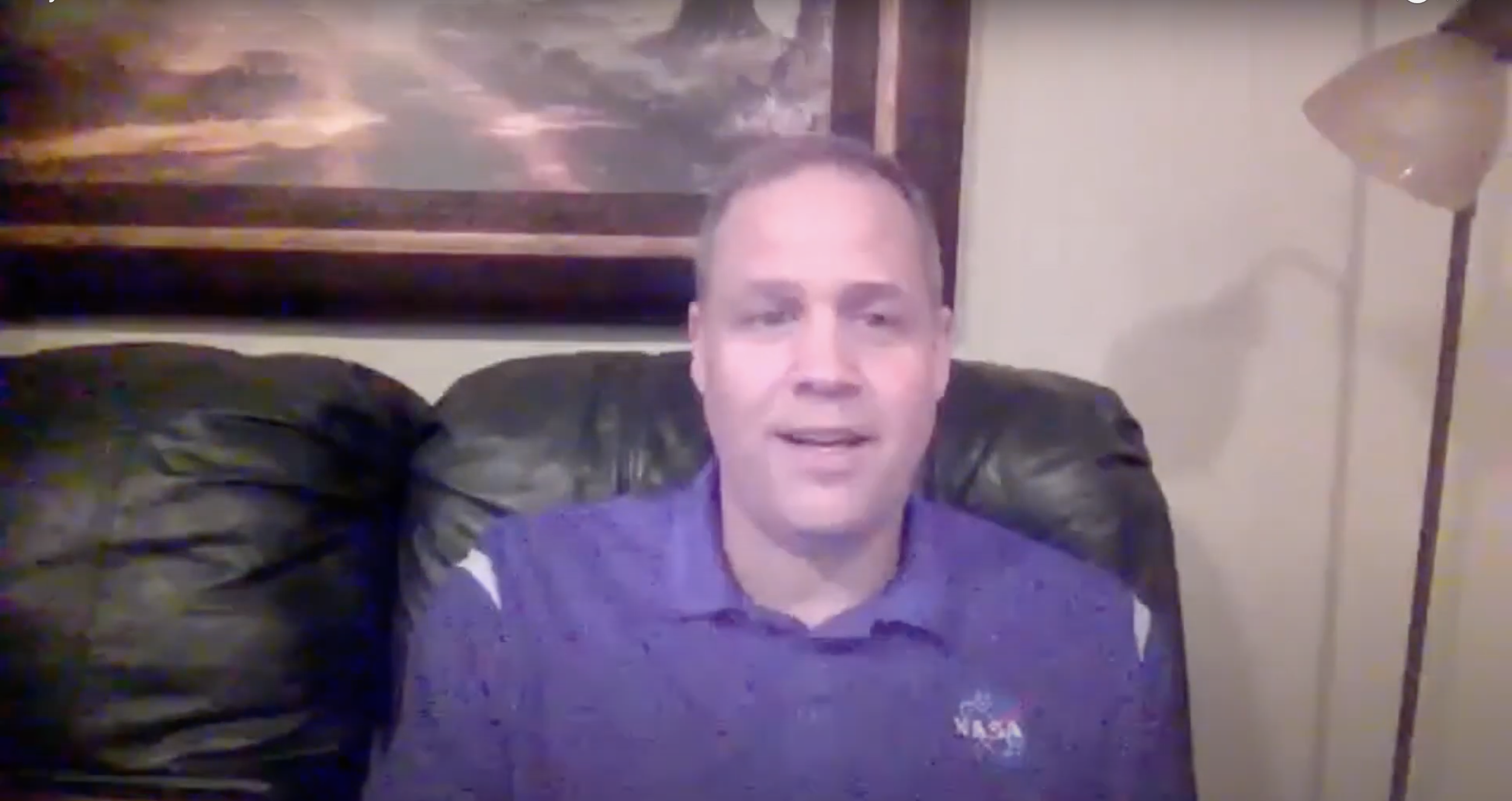
2nd Summit for Space Sustainability
Virtual
September 9-11, 2020
Pre-Conference Content
Spotlight Talks
Einar Bjorgo, Director of the Division for Satellite Analysis and Applied Research, United Nations Institute for Training and Research (UNITAR)
Rebecca Cowen-Hirsch, Senior Vice President for Government Strategy and Policy, Inmarsat
Li Shouping, General Director, Space Law Center of China National Space Administration
2020 Conference Agenda
9:00 |
Opening Welcome Krystal Azelton, Summit Chair & SWF Director of Space Applications Programs
|
9:15 |
Panel 1: Space Sustainability in Review: What Progress Have We Made and What Remains? This session reviewed the results of the audience voting at the 2019 Summit on priority space sustainability issues and the progress made or not made over the last year in space sustainability and establishing specific norms. The panel also discussed unresolved issues and remaining gaps across space sustainability challenges.
|
10:30 |
Keynote from Mark Peller, ULA's vice president of major development |
11:00 |
Break |
11:30
Panel 2: Money, Risk, Shame, and Reputation: Incenting Responsible Behavior in Space There has been much discussion about using positive and negative incentives to encourage responsible behavior in space but few practical proposals. This discussed the pros and cons of the most talked-about ideas, as well as the role of third parties such as insurers, investors, and the public in enforcing behavior.
| |
12:45 - 13:30 |
Interactive Sessions - Megaconstellations and Astronomy - Improving Multilateral Diplomacy - US-China Engagement
- Next Steps on Orbital Debris
|
9:00 |
|
10:30 |
Keynote from James "Jim" Bridenstine, NASA Administrator |
11:00 |
Break |
11:30 |
Panel 4 - Beyond Earth Orbit: Cislunar and Lunar Sustainability Much of the current discussion on space sustainability has focused on challenges and activities in Earth orbit, but as multiple countries and companies look to lunar exploration, there is a need to expand our thinking. This session will discuss the possible sustainability challenges from cislunar space activities, including lunar orbit traffic management, resource utilization, and non-interference.
|
12:45 |
Interactive Sessions - Megaconstellations and Astronomy - Improving Multilateral Diplomacy - US-China Engagement
- Next Steps on Orbital Debris
|
9:00 |
|
10:30 |
Keynote from Nobu Okada, founder & CEO of Astroscale |
11:00 |
Break |
11:30 |
Panel 6 - Why Should America Engage in Space Arms Control?Arms control has traditionally been the main way of controlling and mitigating security challenges on Earth, yet poses significant challenges for dealing with the proliferation of counterspace capabilities. For much of the last forty years, the United States has either refused to consider space arms control measures or criticized existing proposals without offering any of their own. This discussion will focus on the merits and drawbacks to U.S. engagement and potential leadership on space arms control and discuss pragmatic proposals that could be advanced.
|
12:45-13:00 |
Closing comments Peter Martinez, SWF Executive Director |
2020 Conference Transcripts
-
-
Panel 2 Transcript
-
-
-
-
-
-
CLosing Remarks Transcript
